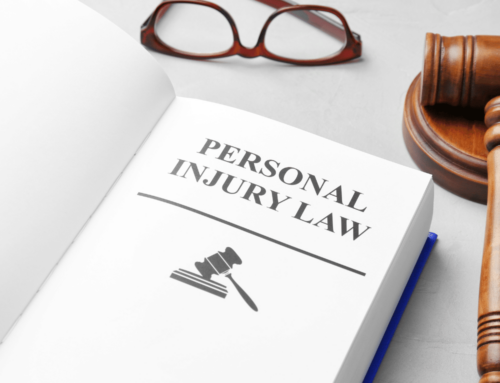When you’ve been injured due to someone else’s negligence or wrongdoing, it’s essential to understand your rights regarding compensation. One crucial aspect of this process is knowing how long you have to file a personal injury claim.
Let’s delve into this topic to shed light on the timeframe within which you must take action to protect your legal rights.
Statute of Limitations
In legal terms, the time limit within which you must file a lawsuit is referred to as the “statute of limitations.” This timeframe varies depending on the type of case and the jurisdiction where the incident occurred.
Why Time Matters
Failing to file a lawsuit within the specified timeframe can result in your case being dismissed, regardless of its merits. Therefore, it’s essential to take prompt action to protect your legal rights and ensure that you have sufficient time to build a strong case.
Factors Affecting the Time Limit
Several factors can influence the statute of limitations for a personal injury claim:
- Type of Injury: Different types of injuries may have varying time limits for filing a claim. For example, cases involving medical malpractice may have shorter or longer statutes of limitations compared to other personal injury claims.
- State Laws: Each state establishes its statutes of limitations for personal injury cases. It’s crucial to be aware of the specific laws in your state to ensure compliance with the applicable time limits.
- Discovery Rule: In some cases, the statute of limitations may be extended based on when the injury was discovered or when it reasonably should have been discovered. This rule may apply to injuries that are not immediately apparent, such as those resulting from exposure to toxic substances.
Seek Legal Guidance
Given the complexities involved in determining the applicable statute of limitations for a personal injury claim, it’s advisable to seek guidance from a qualified attorney like Atty. Anthony Keith.
A skilled personal injury lawyer can evaluate your case, identify applicable time limits, and help you take prompt action to safeguard your rights.
Conclusion
In summary, understanding the statute of limitations is crucial when pursuing a personal injury claim. Failing to file within the specified timeframe can result in the loss of your right to seek compensation. To ensure that you meet all deadlines and navigate the legal process effectively, consult with a knowledgeable personal injury attorney, like Atty. Keith Anthony who can provide guidance and advocacy every step of the way. Don’t delay—take action today to protect your legal rights and pursue the compensation you deserve.




